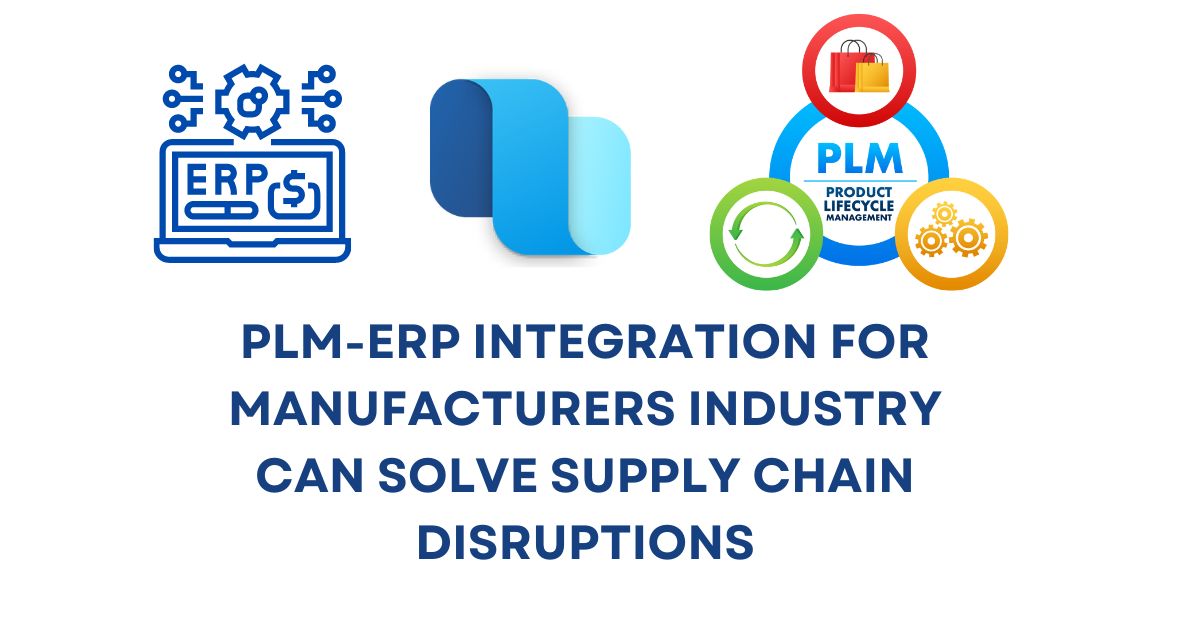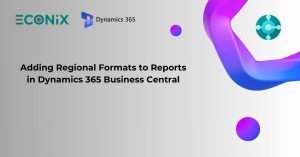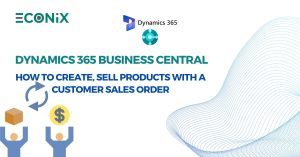PLM-ERP Integration for Manufacturers Industry can solve Supply Chain Disruptions

Introduction
In today’s fast-paced and interconnected business landscape, manufacturers face numerous challenges in managing their supply chains. Disruptions such as material shortages, production delays, and quality issues can have a significant impact on a company’s bottom line. To mitigate these challenges, integrating Product Lifecycle Management (PLM) and Enterprise Resource Planning (ERP) systems has emerged as a powerful solution. This blog explores how the integration of PLM and ERP can help manufacturers overcome supply chain disruptions and achieve operational excellence.
Understanding PLM and ERP Systems
Product Lifecycle Management (PLM) systems enable manufacturers to manage the entire lifecycle of a product, from concept and design to manufacturing and retirement. PLM systems facilitate collaboration, version control, and document management, ensuring that accurate product information is available to all stakeholders.
On the other hand, Enterprise Resource Planning (ERP) systems provide companies with end-to-end visibility and control over various business processes, including finance, procurement, production, inventory management, and order fulfillment. ERP systems help streamline operations, improve efficiency, and enhance decision-making.
The Impact of Supply Chain Disruptions
Supply chain disruptions can cause significant challenges for manufacturers. These disruptions can be triggered by various factors, such as raw material shortages, supplier issues, equipment breakdowns, or unforeseen events like natural disasters. The consequences can include delayed production schedules, increased costs, dissatisfied customers, and potential damage to the brand’s reputation.
The Power of PLM-ERP Integration
Integrating PLM and ERP systems enables seamless data flow and collaboration between different departments within an organization, streamlining processes and reducing errors. This integration offers several benefits in tackling supply chain disruptions
- Enhanced visibility: By integrating PLM and ERP, manufacturers gain real-time visibility into product design, engineering changes, bill of materials (BOM), and production schedules. This visibility allows better coordination among teams, ensuring accurate and up-to-date information throughout the supply chain.
- Improved inventory management: PLM-ERP integration provides manufacturers with better inventory control, ensuring the availability of the right components at the right time. This optimization minimizes stockouts and excess inventory, leading to improved cash flow and reduced carrying costs.
- Efficient change management: PLM-ERP integration facilitates effective change management by automatically updating product data across the supply chain. When changes are made to product design or specifications, the integrated system ensures that the information is seamlessly communicated, minimizing errors and rework.
- Streamlined procurement: Integration between PLM and ERP enables manufacturers to automate procurement processes. Accurate and timely information from PLM, such as BOMs, helps streamline the procurement process, reducing lead times, and ensuring the availability of required materials.
Mitigating Disruptions with Integrated Analytics
Integrating PLM and ERP systems also opens up opportunities for advanced analytics and predictive insights. By leveraging integrated data, manufacturers can identify potential supply chain disruptions, analyze historical patterns, and make data-driven decisions. Predictive analytics can help optimize inventory levels, anticipate demand fluctuations, and proactively address potential issues.
Real-World Examples of PLM-ERP Integration Success
Several manufacturers have already experienced the benefits of PLM-ERP integration in mitigating supply chain disruptions. For example, an automotive company integrated their PLM and ERP systems, enabling real-time visibility into production schedules, reducing delays, and enhancing collaboration with suppliers. Another electronics manufacturer streamlined their procurement process by integrating PLM and ERP, resulting in reduced lead times and improved accuracy in material orders.
Conclusion
In today’s dynamic manufacturing environment, supply chain disruptions can severely impact a company’s performance. ECONIX InfoTech Provide Dynamics 365 Supply Chain Management solution for Manufacturing Industry.
LATEST INSIGHTS
-
Business Central customize pages for profiles
-
Adding Regional Formats to Reports in Dynamics 365 Business Central
-
Dynamics 365 Business Central – How to create Sell Products with a Customer Sales Order
-
Cash Flow in Dynamics Business Central Overview
-
Understand Location cards in D365 Business Central
REQUEST
FOR A CALL BACK
Provide discussion information and we’ll get back to you as soon as possible
Customer Satisfaction
Address
Corporate Office
Econix InfoTech Ltd.
10B-111 REGINA RD, WOODBRIDGE, ON L4L 8N5, Canada
Request a Business Consultation
Subscribe Newsletter
Copyright© 2018-2024 ECONIX InfoTech & Group Companies. All Rights Reserved



